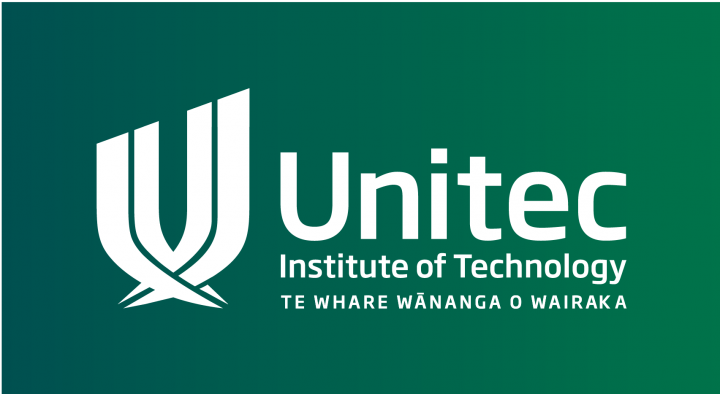
Kia ora and welcome to Unitec's introduction to academic quality Moodle course.
Mā te Rangatiratanga, Te Whakaritenga, Te Kaitiakitanga, Te Kotahitanga, me Te Ngākau Māhaki. Ka tau i raro i te whakaaro kotahi, hei oranga mō tātou katoa. Haumi ē! Hui ē! Taiki ē!
- Teacher: Sue Crossan